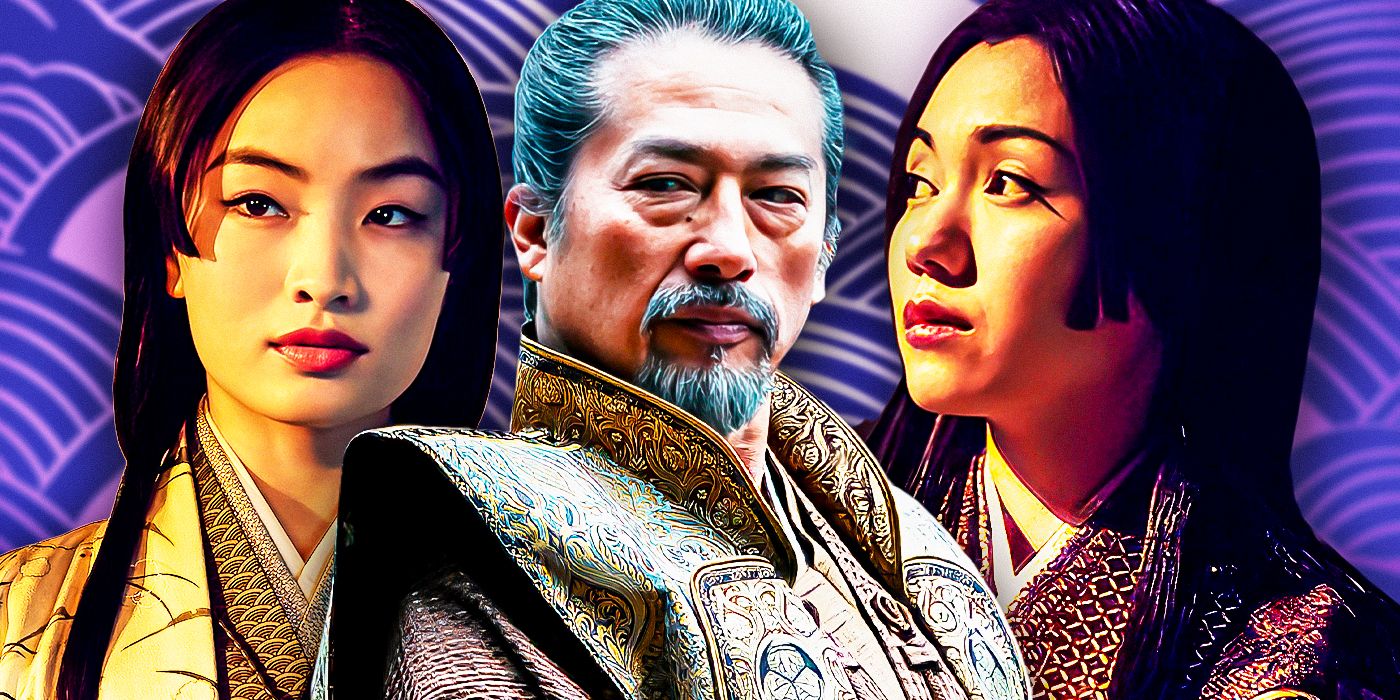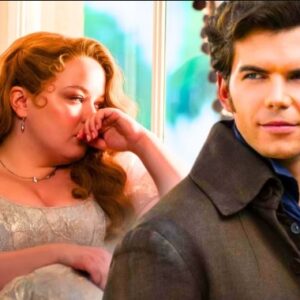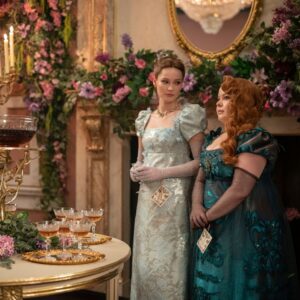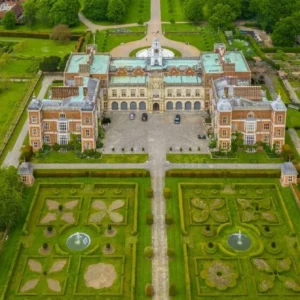A Shōgun writer explains Mariko and Ochiba’s tragic childhood flashback scenes from episode 6, and how Mariko’s feelings are not what they seem.
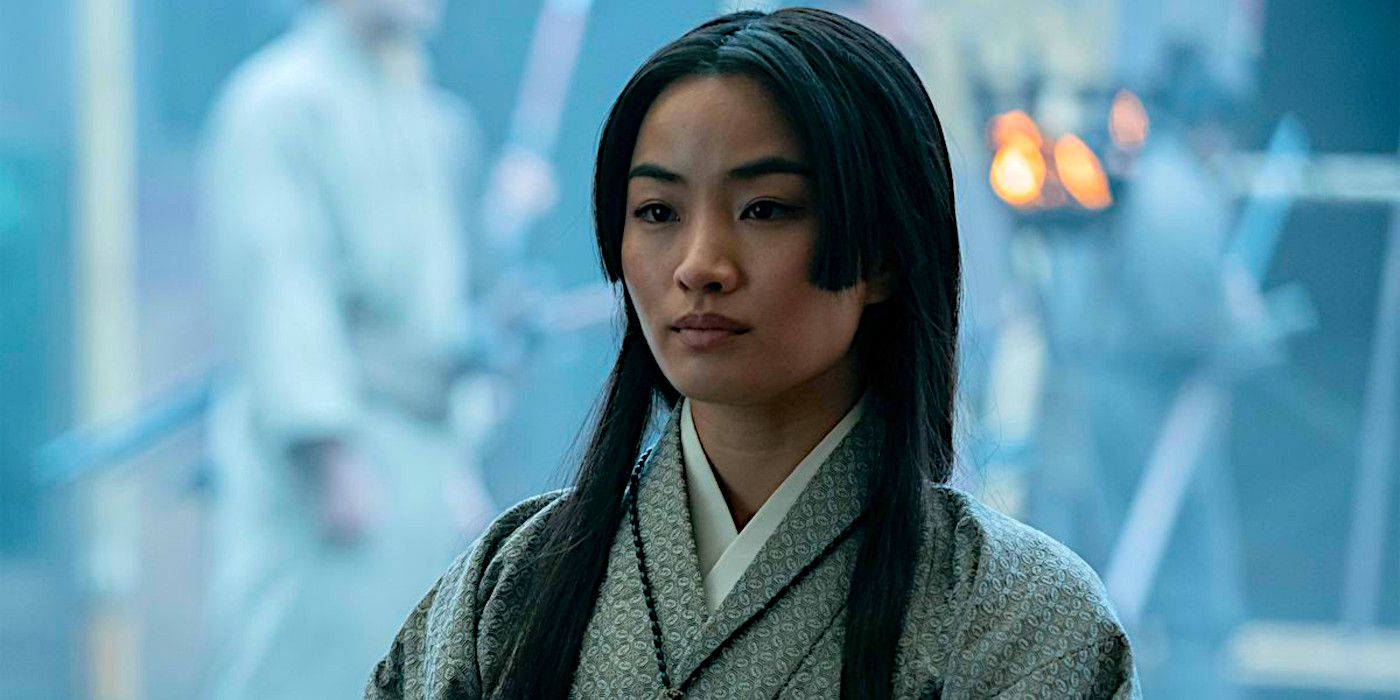
A Shōgun writer explains Mariko and Ochiba’s tragic childhood flashback scenes. After weeks of hinting at Mariko’s complicated backstory, Shōgun episode 6 went the flashback route in fleshing out her past. Viewers now know how Mariko had a childhood friend in Lady Ochiba, the mother of the Heir, and have a better sense of the shame Mariko carries by being descended from an assassin whom history has painted as a traitor of the realm.
Speaking recently on the show’s official podcast (via FX Networks), producer and writer Caillin Puente offered more insight into what Mariko’s past as revealed in Shōgun episode 6 actually means to her, while providing details about how Mariko and Ochiba compare to their real-life historical counterparts. Puente discusses how the real story of Hosokawa Gracia informed their depiction of Mariko, while delving into exactly why Mariko feels so ashamed of her family history. Check out the remarks below (around 1:41 of the video clip):
So we get to see a little bit of…Mariko and Ochiba’s childhood. And they’re both loosely inspired by their historical counterparts. We get tosee them at this turning point in history, where we’ve had approximately 200 years of civil war at this point. And all these different feudal lords who are vying for power. And Ochiba’s father, Kuroda, in history would have been her uncle, who was the first warlord to be able to unite the country and almost take control.
And we’re stepping in a fictional moment, where these two girls would have been growing up together. They’re hearing everything that their fathers are saying. And we’re seeing this really powerful event of Mariko’s father betraying his lord and ending what would be this dynasty that he was trying to create.
It’s kind of recognizable from our point of view today, as history is written by the victor. If her father had been successful, then it would have been a completely noble act because there were a lot of horrible, violent things that he did. But because Mariko’s father betrayed his lord and then was only successful for a few days, he was not the victor.
And I think he is looked upon as this like horrible traitor. But I think it is a little bit more complicated. And we see the way that Toranaga reacts to it, exemplifies it. He’s not looking down on Mariko’s family with shame. And there is some interesting historical records from Hosokawa Gracia’s husband, where the historical model for the Taiko invited her to his chambers essentially. And he was, like, you should not invite my wife. She said if she was invited to your chamber she would kill you to redeem her father, essentially.
So she carried this with her, just like Mariko did, through her whole life and was very convinced of her father’s honor and that he was doing the right thing. And for Mariko personally, I think we can see that really impacting her more in how she perceived her failure of duty…if she was able to live up to her father. It was less that she was ashamed that she was from a traitor’s family but more that she didn’t think that she did right by him in dying with her mother and her siblings.
Mariko And Ochiba’s Backstory Is Reminiscent Of House Of The Dragon
Shōgun episode 6 reveals the tragic connection between Mariko and Ochiba. Its flashbacks show their childhood friendship, which ended when Mariko’s father Akechi Jinsai assassinated Ochiba’s father Kuroda. Now Ochiba is allied with Ishido and the Council of Regents, while Mariko is on the side of Toranaga, whom Ochiba wants to bring down, so her son can become the new ruler.
This story of childhood friends who find themselves on opposite sides of a violent political feud is, at least superficially, reminiscent of Alicent and Rhaenyra’s relationship on House of the Dragon. On the Game of Thrones spinoff show, a struggle for power ultimately divides the friends, who become embroiled in an escalating series of tragic events, leading to the climactic season 1 moment when Rhaenyra’s son Lucerys is killed by Alicent’s son Aemond.
It’s yet to be seen if Mariko and Ochiba will ever come face-to-face on Shōgun, or if the events they’re caught up in will reach the same tragic level as what transpired on House of the Dragon. Episode 6 made it clear that the women once had a deep connection, and may indeed be destined to clash before all is said and done.
